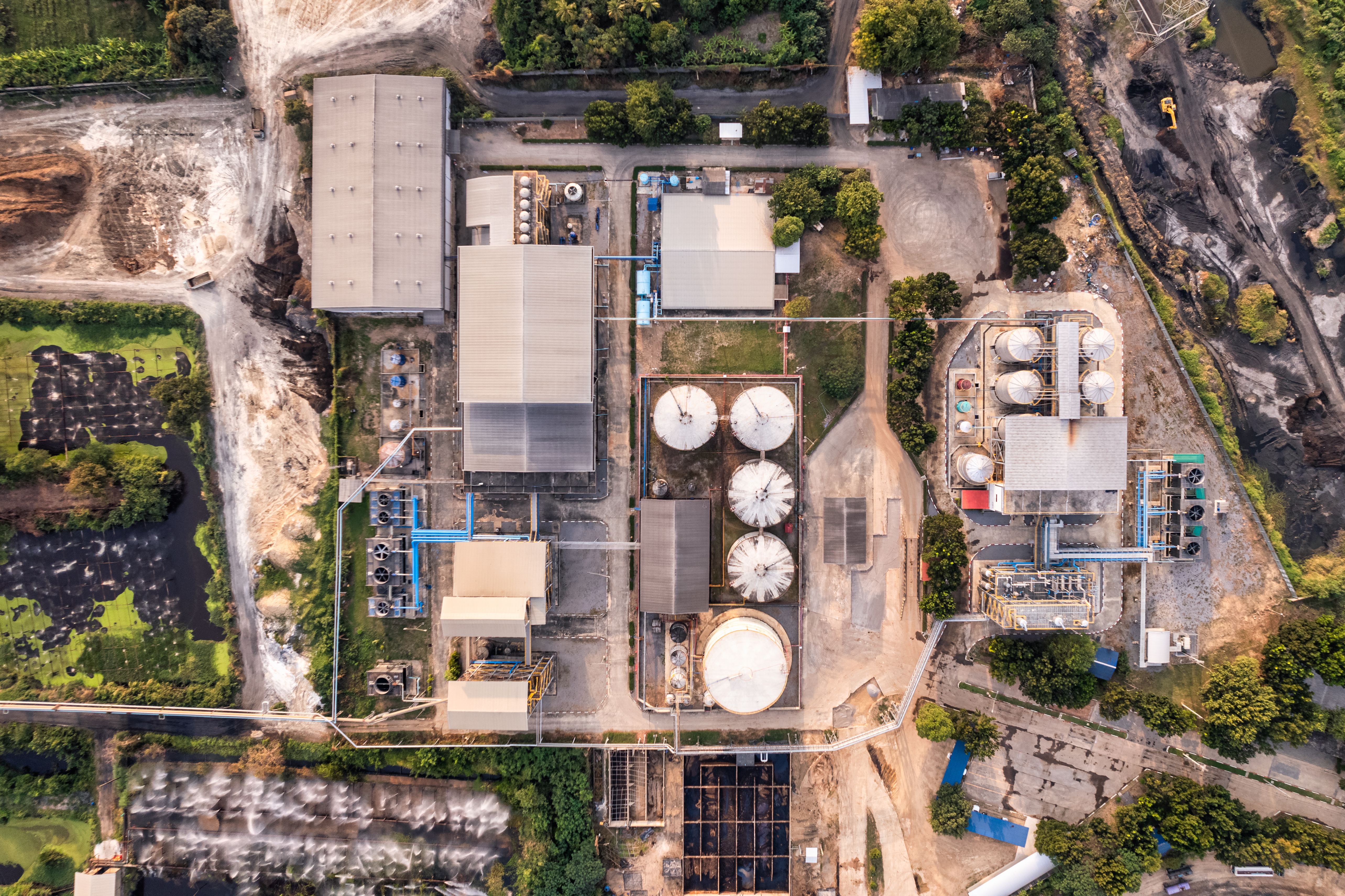Mill Sanitation of a Sugar factory plant is considered as one of the crucial stages during the manufacturing of Commercial Sugar. The issue of Sugarcane Juice Degradation due to growth of harmful micro-bacterial agents and fungi has become a topic of huge concern in the Sugar Industry.
Manufacturing Industry because the mechanical method of harvesting of Collected Sugarcanes has seen a substantial rise during the recent period. The Reactions responsible for the deterioration of the sugarcane include acid and enzyme inversion reactions as well as those due to microbial activity. This could be influenced by sugarcane health and the environmental conditions of the sugar mill. Micro-Bacterial agents usually responsible for the spoilage of sugarcane juice or Sucrose Content include Leuconostoc, Enterobacter, Flavobacterium, Micrococcus, Lactobacillus, and Actinomyces.
Mill sanitation chemicals are broad-spectrum biocides that are used for improved sanitation or hygiene in sugar cane juice and sugar mills. In terms of appearance, mill sanitation chemicals are slightly odorless and pale straw-colored liquids which are effective over a wide pH range. Exceptional characteristics of mill sanitation chemicals include non-toxicity, control to fungi activity, effectiveness, non-corrosiveness and harmless to equipment to nature, biodegradable compounds and many more.
These chemical preservatives are highly effective in fighting and controlling the growth of harmful algae, bacteria and fungi in the Sugar Mills. They penetrate cell wall lysis occurs and metabolites leak out causing the death of cells thereby stunting their growth. Examples of a few mill sanitation chemicals involve ammonium compounds, oxidizing compounds, and Dithiocarbomate based biocides and among other halogen compounds.
“It is better to fail in originality than to succeed in imitation.”
Sidchem mill sanitation biocides prevent purity drop in the cane juice due to sucrose loss by inversion and also helps in controlling slime and bad odour. Owing to fungi and bacterial growth control properties, the mill sanitation chemicals also find application across a diverse set of industries including the health care industry, food industry, mining industry, waste water treatment and many more.
Sidchem’s Quaternary Ammonium Based formulation [Sidquat 50 and Sidquat80] are a synergistic blend of Biocides that sanitizes the mill section and restricts the inversion of sugar in the sugar juice. It has a highly effective micro biocide formulation forming electrostatic bonds with carboxyl group in protein and enzymes that interfere with oxidation reduction and other biochemical reactions. Also, the chelating agent combines with the metal ions in the enzymes essential in the metabolism of microorganisms and restricts their growth.
Our dithiocarbamate based micro biocides [ SDMDC 40%, PDMDC40% AND DSEDC40%] are specially formulated to inhibit the growth of bacteria and fungi in cane sugar mills. These chemicals are highly effective against acid producing bacterial and fungi found in sugar mills. It also improves sugar recovery from stored sugar by reducing bacterial sugar inversion. They also inhibit enzyme action for the time between crushing of cane and lime neutralization. These are specifically developed organic biocides for improved sanitation/hygiene in sugarcane juice and sugar mills.
These are vastly superior to conventional chemicals lime ammonium bifluoride, bleaching powder and other halogen compounds. Try Sidchem range of Mill Sanitation biocides for effective applications to fight micro bacterial growth and activity in your sugar cane mills. Our biocides will help you in boosting productivity and preventing sucrose loss.


